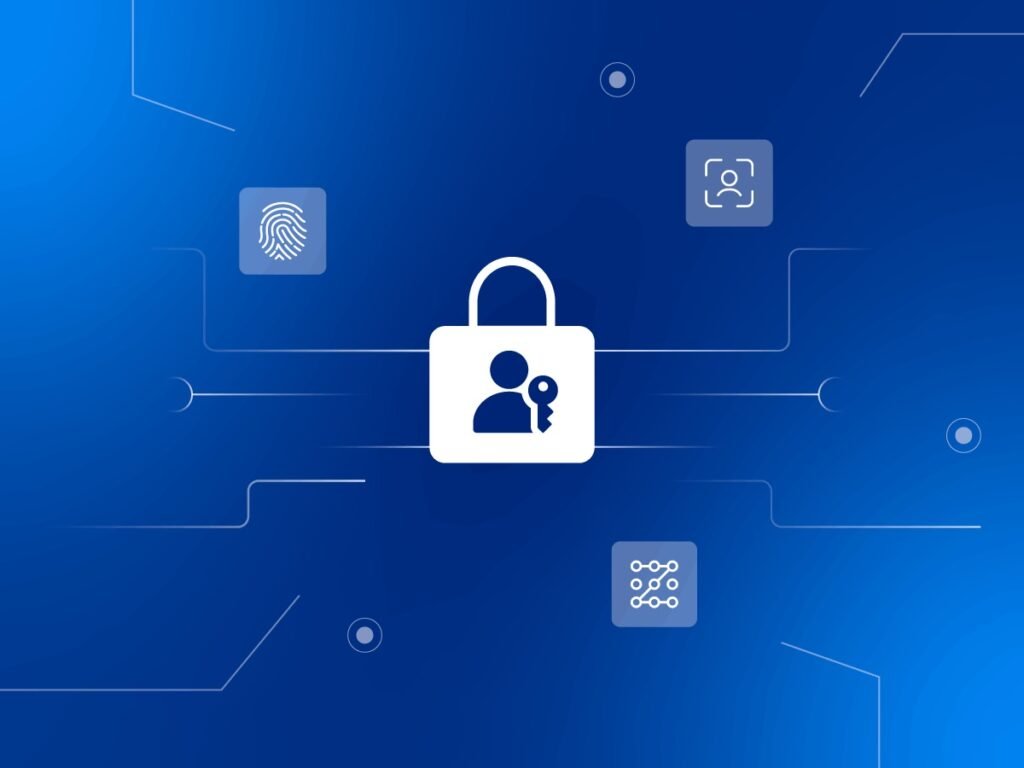A good night with live sport or a quick session after work often begins with a simple act: you enter a password and the app greets you, not a crowd. The screen shifts from generic tiles to favorites you actually use. Menus get shorter. The sound mix is where you left it. A password seems small, but it draws a clear line between public space and a place set up for your habits, your tempo, your limits.
Privacy you can feel in the first minute
Guest mode is fine for a peek. It is less fine when you care about privacy. Without an account, devices blur together, history mixes, and settings drift. With a password-protected profile, your choices stay yours: language, time format, view options, and what you prefer to hide. You decide which alerts arrive and which go quiet. The next time you log in, the room “remembers” – no extra taps, no old banners, no feed that looks like a stranger’s.
Security that stays light on the fingertips
Real privacy does not need heavy armor that slows you down. Start with a strong, unique password. Add a second check (app code or token) for sensitive actions like payout edits or changing personal data. On mobile, turn on biometric unlock so returning from a break is one glance, not a long retype. If you share a device at home, create separate profiles and add a short app PIN for withdrawals. A clean sign-in log lets you see where and when your account opened – simple and reassuring.
One clock, one reveal
Nothing breaks a live moment like mistimed screens. A phone five seconds ahead blurts out the result before the TV shows it, and the room deflates. A stable, signed-in profile helps you keep one “truth” across devices. Pick a lead screen, pause the others, and you get the rhythm that makes small spaces feel like stands: hush before a decision, a single burst after the verdict, then the easy chatter that follows.
If you want a quick, low-friction hub for cricket nights that respects that rhythm, set your profile and keep a clean page ready in a side tab. When friends ask for a simple starting point, point them to this website and bring them back to the couch before the next over. The fewer detours, the stronger the atmosphere.
Personalization without pressure
The best apps learn just enough to reduce noise. If you favor short bursts on weeknights, the lobby surfaces quick formats. If weekends are for longer sessions or live events, that row is front and center when you usually arrive. You stay in charge: pin a few staples, mute categories you never touch, and reset recommendations when you want a fresh start. Personal space means you steer the feed, not the other way around.
Money that behaves like background
Strong feelings come from the pitch, not the payment layer. Your password ties fun to rails you can trust: verified deposit methods, a clear withdrawal route, and easy-to-read statuses (requested → processing → completed). Set guardrails early – daily caps, gentle session reminders, optional cool-offs – so a long night stays friendly to tomorrow. Receipts should land both in your inbox and a tidy in-app ledger. When money admin is boring (in the best sense), the match can carry the spotlight.
Cross-device continuity without confusion
A personal account means you can start on a phone, continue on a laptop, and finish on a TV without losing your place. Progress, favorites, and settings move with you. If a storm knocks out the main screen, swap devices and keep the same clock. That continuity saves energy you can spend on the play instead of plumbing.
Small rituals that make the space yours
Passwords protect; rituals warm the room. Dim the lights one notch. Balance sound so you hear bat on ball without raising your voice. Place the remote and charger within reach so nobody crosses the screen at a tight moment. Make a tiny toast at the toss. Keep a running joke when the coach tugs his jacket. These habits turn logins into a familiar doorway: you sign in and the place feels ready.
A clear plan for shared devices
Sharing a phone or tablet with a partner, roommate, or family member is normal; leaking privacy is not. Separate profiles stop cross-talk. Each profile holds its own notifications, limits, and history. Add a short auto-lock timer so inactive sessions close on their own. If a shared device ever needs a quick hand-off during a match, do it in the break, not mid-play. One clock and calm lanes keep the mood intact.
A single, practical list for stronger personal space (with brief reasons)
- Use a unique password and 2FA. Protects edits to payouts and profile data without slowing daily flow.
- Pick a lead device. One screen drives; others pause. Timing stays clean and reveals land together.
- Pin favorites and mute noise. A short lobby cuts taps and keeps focus on what you actually use.
- Set caps and test a small withdrawal. You learn the real timelines and avoid stress later.
- Turn on biometric unlock. Fast returns from breaks; less typing during tight moments.
- Keep receipts and a sign-in log visible. Simple tracking replaces guesswork and builds trust.
Why the password starts the feeling you came for
People rarely remember the exact steps of a form. They remember the hush before a review, the lean forward, the single shout, and the laugh that breaks the tension. A password does not create those moments – but it clears the path. It trims friction, protects boundaries, aligns timing, and keeps the boring parts quiet. You use less effort to set the stage, so the stage does its work: delivering a clean build, a sharp reveal, and the kind of memory that still makes you smile the next morning.
Treat your password like a small key to a room arranged for you. Secure it once, let the profile carry your choices, and walk in ready. When the action starts, you will feel the difference: fewer interruptions, more focus, and a session that actually belongs to you.


